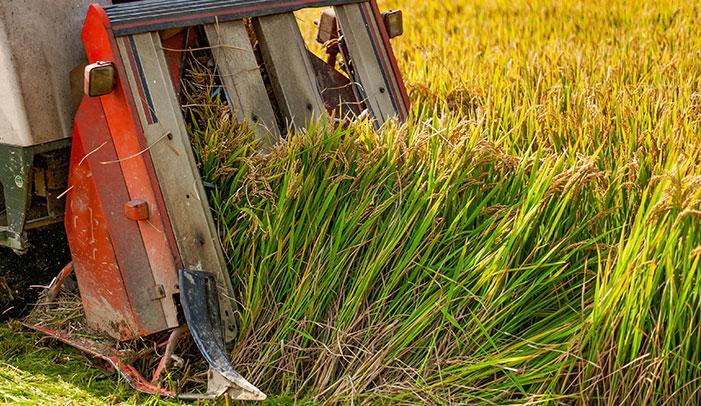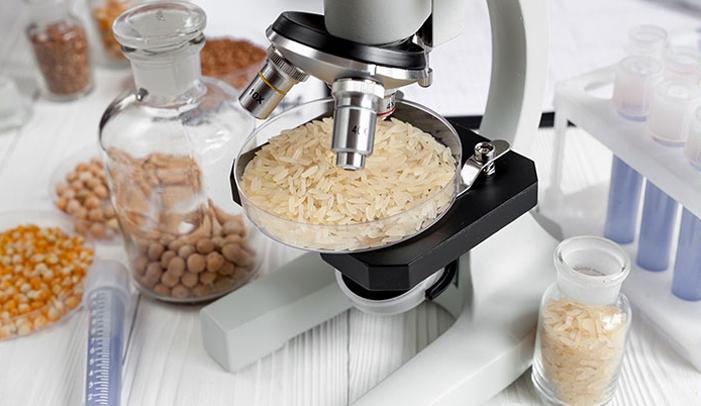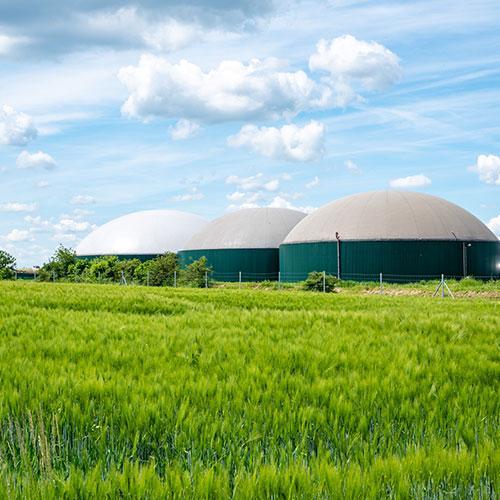Process
Production
One of our key differentiators in Kerala’s competitive rice market is our state-of-the-art manufacturing facility. Our plant integrates modern rice machines alongside traditional processes. We consistently stay ahead of the curve in paddy processing and hygiene, rapidly adopting new technologies to improve our production, packaging, and delivery.
Our production process is subject to rigorous quality checks. Every step is monitored to ensure seamless operations and product integrity. From the initial stages of cultivation to the final packaging, each grain undergoes multiple inspections. This attention to detail guarantees that only the highest quality rice reaches our customers.

Technical Department
Once harvested, rice is transported to our mills for post-processing. Given the vast quantities processed daily, modernization and technological advancements are essential to meet growing demand, maintain profitability, and ensure product quality. Over the years, we’ve invested in new machinery, skilled technicians, and optimized workflows to streamline operations, improve product quality, and prioritize safety. Our well-trained staff diligently monitors equipment and processes, promptly addressing any issues. Stringent quality checks and safety protocols are enforced throughout the facility.

Laboratories
Our dedicated research and development laboratory focuses on continually improving rice cultivation, harvesting, and processing. We meticulously analyze rice characteristics, including grain length, stickiness, texture, flavor, and aroma, to ensure superior quality. Asian rice varieties primarily fall into two categories: Indica (long-grain) and Japonica (short-grain). While grain length and stickiness are largely determined by genetics and cultivation, post-processing significantly impacts aroma and flavor. Minimizing broken rice during milling is crucial for optimal taste. Rigorous laboratory testing on random samples safeguards product consistency and identifies any quality deviations.
Milling Process
Consumers generally favor rice with minimal broken kernels. Most rice varieties consist of approximately 20% hull, 11% bran layers, and 69% starchy endosperm, collectively known as total milled rice. This milled rice comprises whole grains (head rice) and broken rice fragments. Rice milling by-products include the hull, germ, bran layers, and broken rice.
The rice milling process begins by feeding paddy grains into the indent cylinder’s feed inlet at the cylinder’s upper end. The indentations capture undersized grains, which are carried upward as the cylinder rotates. Gravity dislodges these grains into a flared trough screw conveyor for removal. Whole grains remain at the cylinder’s bottom and exit through a separate outlet. Rice is the primary product derived from paddy and undergoes further processing to produce various secondary and tertiary commodities.
Effluent Treatment plant
Parboiled rice, accounting for approximately 50% of total paddy production, is a highly popular rice product. The parboiling process involves soaking, steaming, and drying the paddy. Traditionally, parboiling consumes vast amounts of water during the soaking stage, which is subsequently drained to recover the paddy.
Modern rice mills discharge significant volumes of soak water, laden with organic matter—measured as Chemical Oxygen Demand (COD)—leading to water pollution. Silica, dissolved from the husk, is another primary contaminant in this wastewater.
Keerthi Rice Mill has an Effluent Treatment Plant established by Galaxy Environ to address the significant water pollution caused by parboiling wastewater. This facility employs a two-step process, biological anaerobic treatment followed by chemical treatment, to meet the discharge criteria. The technology powering this plant is licensed from CSIR-NIIST, a leading government research institute based in Trivandrum.
Water Treatment Plant
Sustainability and environmental responsibility are at the forefront of our operations. Our advanced Water Treatment Plant ensures that every drop of water used in our processes is purified and recycled. This not only minimizes our ecological footprint but also adheres to stringent regulatory standards. The recycled water is reintegrated into our production cycle.
Biogas Plant
Keerthi Rice Mill has established a Biogas Plant to harness the potential of organic waste generated during the milling process. The plant converts organic matter into biogas, a clean and renewable energy source. This initiative not only reduces the mill’s carbon footprint but also generates electricity to offset part of its energy consumption.
Rain Water Harvesting
Keerthi Rice Mill has implemented a sustainable rainwater harvesting system to conserve precious water resources. By capturing rainwater from rooftops and directing it into storage tanks, the mill significantly reduces its reliance on external water sources. This environmentally friendly initiative not only mitigates water scarcity during dry seasons but also helps recharge groundwater levels, contributing to overall ecological balance.


